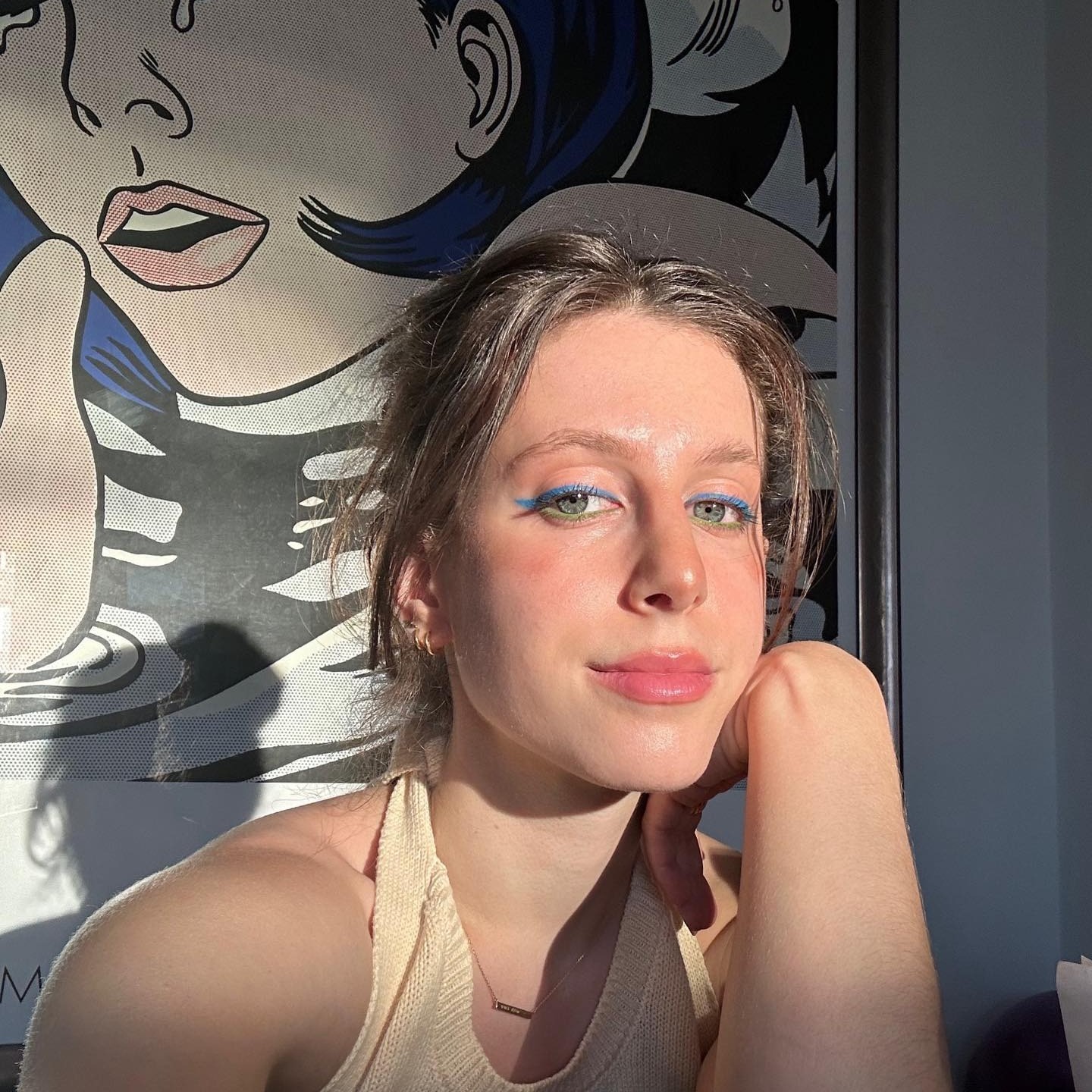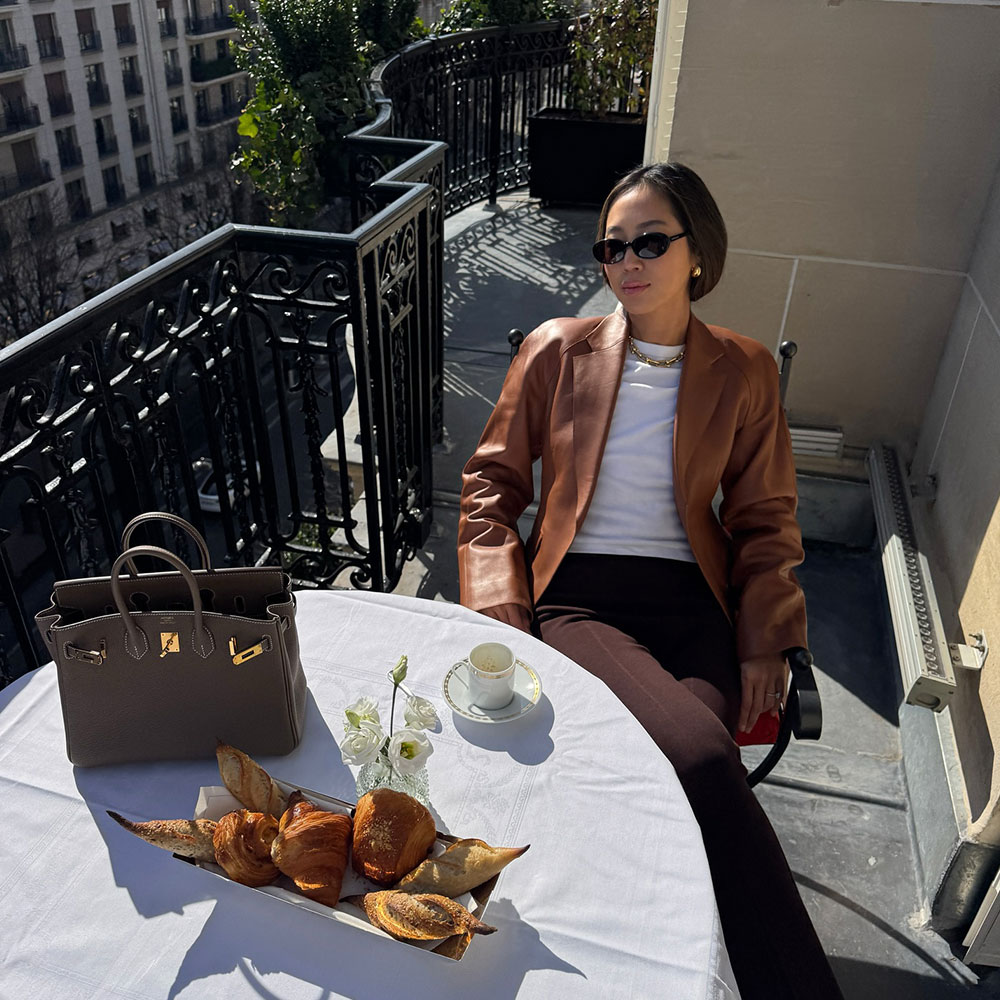Wait, You're *Not* Using This Shine-Inducing Oil for Hair Growth?
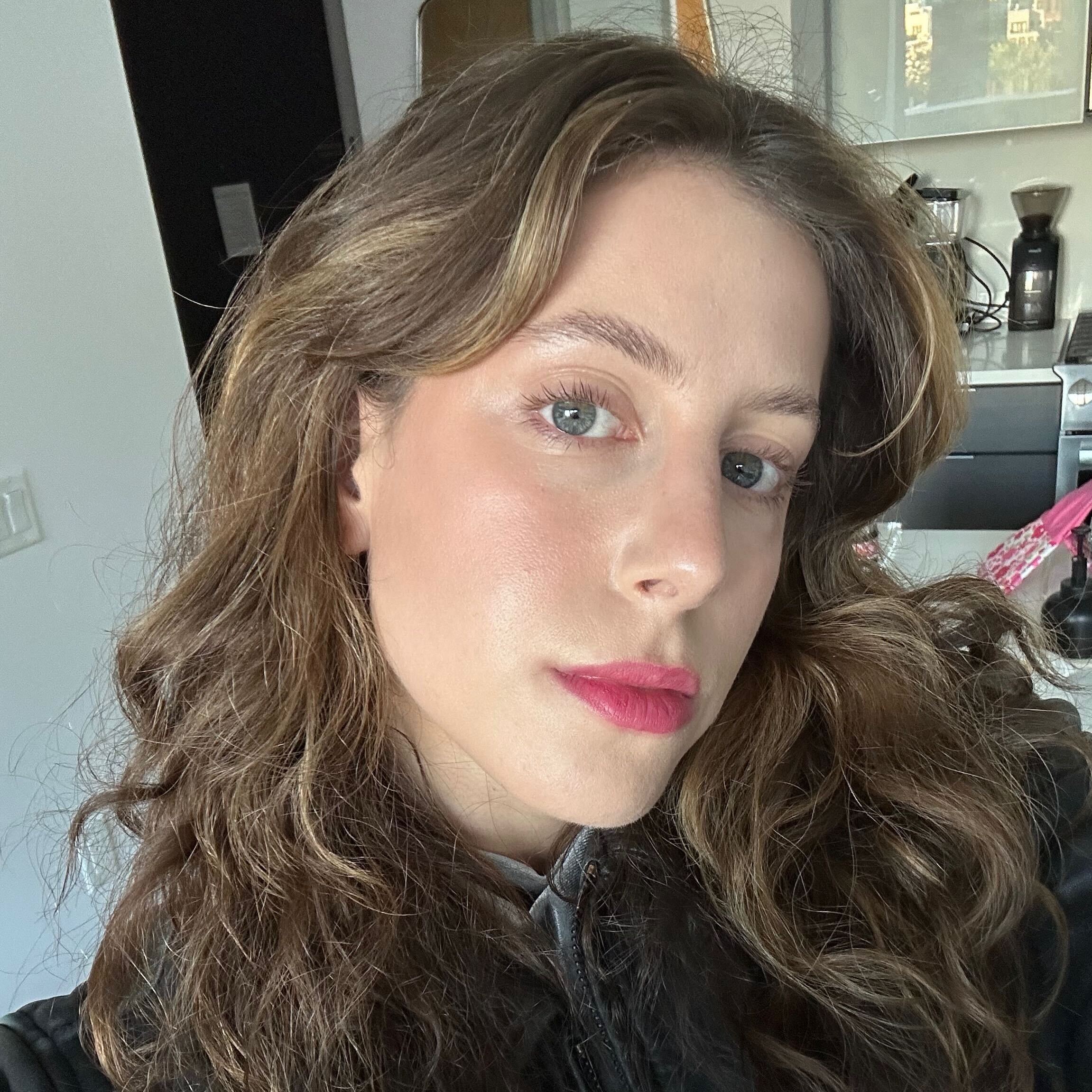

IMHO, jojoba oil doesn't receive nearly enough hype. Argan tends to receive the lion's share of attention in the natural hair oil space (for a good reason—it's liquid gold for dull strands), but I implore you to reconsider jojoba as your number one pick. It enhances shine! It provides silicone-like slip! It helps speed hair growth! Not to mention it's widely available at the drugstore—it's so common, in fact, that there's a 90% chance you're already using jojoba in your haircare routine one way or another.
For the uninitiated, I highly suggest taking a peek at the guide below, in which a certified trichologist and celebrity hairstylist provide all the expert intel you need, plus product recommendations for your shiniest, healthiest tresses yet.
Jojoba Benefits for Hair
Jojoba has an impressive résumé of head-to-toe benefits, but the oil really shines when it comes to fortifying hair. Here, a few highlights:
Smooths frizz: According to certified trichologist Kerry Yates, jojoba oil's emollient nature helps it smooth down hair cuticles, which results in less frizz. (Open cuticles allow water to escape from the hair shaft, leading to rough, frizzy strands.)
Enhances shine: "Jojoba oil is a mixture of jojoba wax, free fatty acids, antioxidants, and fat-soluble vitamins," notes hairstylist and Biolage celebrity hair ambassador Cynthia Alvarez. All of these components help the oil impart noticeable shine onto strands.
Softens hair: Thanks to those vitamins and fatty acids, "It is a brilliant oil for creating soft, pliable locks," Yates adds.
Soothes scalp: Vitamin E makes up around 80% of the antioxidants in jojoba oil, says Alvarez, which means it's very anti-inflammatory. That said, she notes it's great for soothing the scalp and even alleviating dandruff.
Strengthens strands: As I mentioned, jojoba oil helps smooth down hair cuticles, and closed, well-hydrated cuticles also result in less breakage.
Lightweight and great for styling: Jojoba oil is also structurally similar to your skin's own sebum, so your scalp and strands will drink it right up. Read: It won't make your roots look too greasy.
Is It Good for Hair Growth?
In short: Yes, very! Sure, it doesn't have the same scalp-stimulating properties as, say, rosemary or lavender oil, but don't sleep on jojoba's conditioning and strengthening benefits. From preventing breakage to soothing the scalp, it's a wonderful oil for maintaining the health of your hair. And as a general rule, healthy hair grows way faster.
"It is also commonly used as a carrier oil for various oil-based formulas," says Yates. So let's say you do want to use a more scalp-stimulating oil, like rosemary. If you don't have some sort of carrier (like jojoba), the potent essential oil will be way too irritating for those follicles, and that inflammation can actually impede your hair growth goals (yikes!). Point being? Jojoba alone can surely help you on your hair growth journey, but it's also a top-notch sidekick for other more potent players.
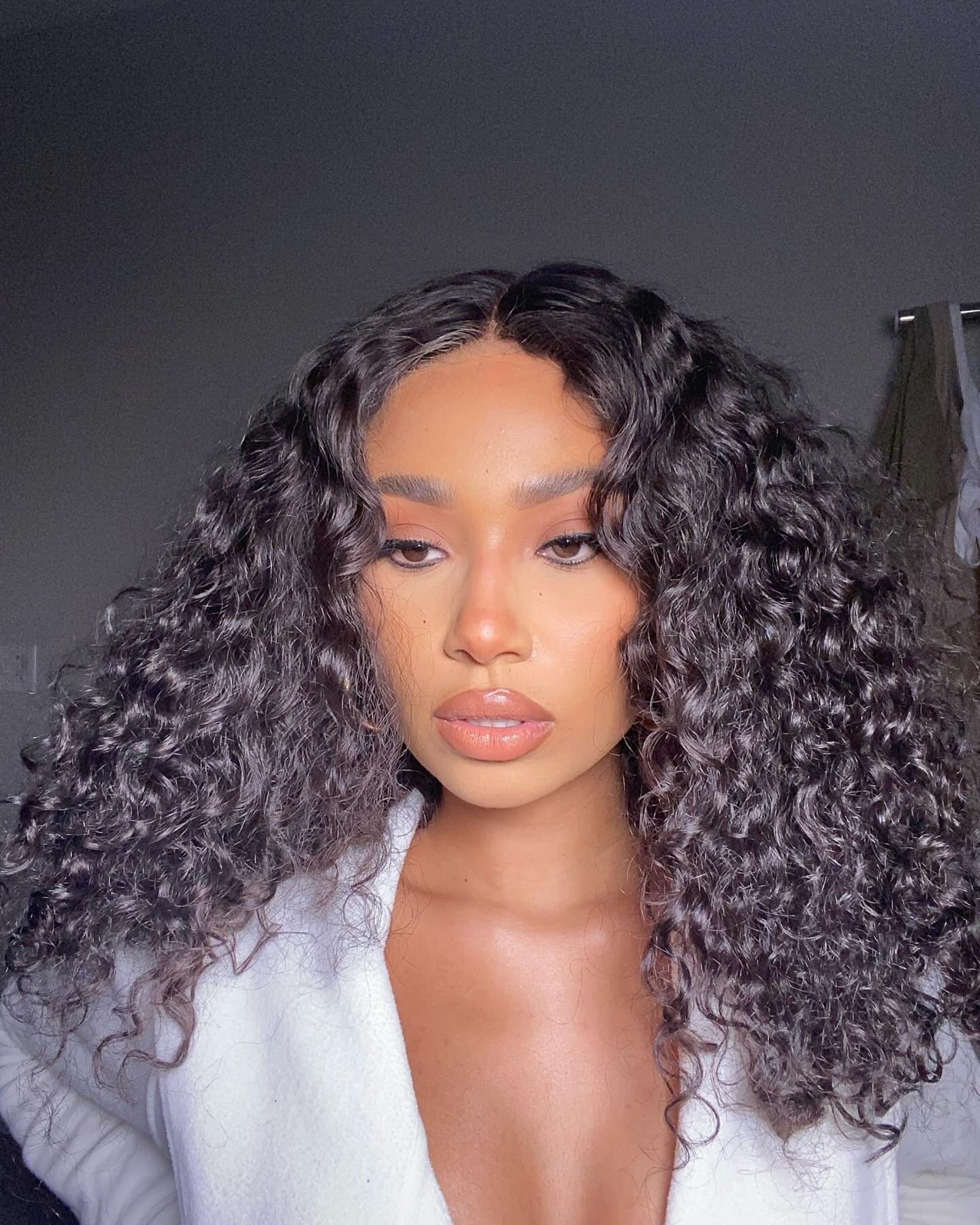
How to Use It
Given jojoba's myriad benefits, you can use it in multiple ways. Discover some inspo below from Yates and Alvarez:
As a hair mask: "You can use jojoba oil as a treatment mask by mixing a few drops into your conditioner for added moisture," Alvarez suggests. "Leave on for 10 minutes then rinse off."
As an overnight scalp treatment: For dandruff and scalp imbalances, spread a handful of oil to your scalp and massage it into damp hair. Leave on for a few hours or overnight then wash and comb as usual.
As a hot oil treatment: To really amp up the benefits, warm up around five tablespoons of jojoba oil before massaging it into your scalp and hair. Cover your hair with a shower cap for around 20 minutes before rinsing. "If you have fine to medium hair, follow with shampoo and conditioner. If your hair is medium to coarse, rinse thoroughly then apply your normal conditioner," Alvarez notes. "You can incorporate this oil every two weeks to reduce split ends and frizz."
As a styler: Jojoba also works wonders post-shower, according to Yates. "Dispersing along mid-lengths and ends on damp, towel-dried hair followed by a blowout will infuse the oil to the hair, creating more long-lasting shine/conditioning benefits," she says. You can also rake the oil through your strands to lock in moisture as you air-dry.
As a split end mender: Refresh your ends by coating your palms in jojoba oil and massaging it into your strands. The oil's emollients and shine-inducing properties will mask split ends in a snap.
Who Should Use It?
Anyone can benefit from jojoba oil. Consider it a universal crowd pleaser! "Jojoba oil is very versatile and can be used on all types of hair, especially for fine hair due to it being a lightweight oil," Alvarez agrees. "[It] works great with curly hair for its sebum-like properties and frizz-fighting capacity."
If you have superfine hair, Yates does suggest using it sparingly on the mid-lengths and ends to avoid oily roots. If your strands tend to soak up oil, though, you shouldn't have any issue. Again, jojoba is one of the most lightweight natural oils in the game.

FAQ
Is it better to put jojoba oil on wet or dry hair?
You can use it on both! Although, "when used on a damp scalp, it absorbs more easily and gives longer-lasting scalp hydration," says Alvarez. On dry hair, however, it's great for enhancing shine and disguising split ends—not necessarily for locking in moisture.
Which is better, coconut oil, argan oil, or jojoba oil for hair?
The thing is, I hesitate to pin these oils against each other—each has its own perks, and all three are wonderful additions to your haircare routine! Although, jojoba is much lighter than coconut and argan, making it a universally appealing option for all hair types.
"I find argan oil is best for consumers with coarser hair," notes Yates. Alvarez agrees, noting that "argan oil is a heavier oil that's great for coarse, curly hair due to its hydrating and nourishing properties."
Coconut oil is also on the heavier side and is superb for introducing tons of moisture into the strands. "It sinks right into your hair cuticle but doesn't really protect against water loss," Alvarez says regarding coconut. "Not ideal for coarse, damaged hair, but excellent for dryness."
Jojoba, on the other hand, she calls a lightweight sealant. "It helps prevent moisture loss by forming a protective film along the hair shaft. But because of its sebum-like properties, it won't weigh your hair down and washes away cleanly without buildup." A win-win scenario.
What are the side effects of jojoba oil?
There aren't really any common side effects with jojoba oil, but just like any beauty ingredient, there is always a chance of an allergic reaction. If you're using jojoba for the first time, be sure to patch test on a smaller area of skin before slathering it all over.
The Best Jojoba Oil Hair Products
"Jojoba is commonly used across all haircare formulations," says Yates. "It is found in shampoo, conditioner, treatment masks, shine-enhancing serums, and styling oils." Of course, you can also snag a bottle of straight jojoba oil to use on your strands. Discover some stellar options below.
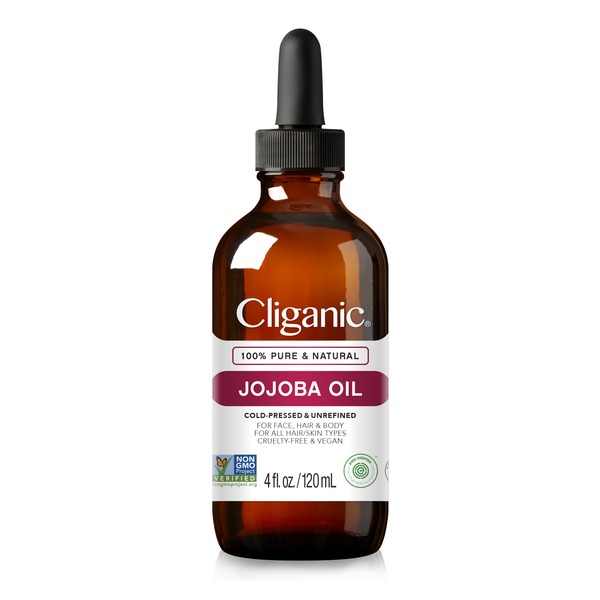
We'll start with the simplest option: straight-up jojoba oil. This $10 bottle is here for all of your haircare needs. Drop some into your regular conditioner, use it is a hair mask, apply a few drops to dry ends—the world is your oyster!
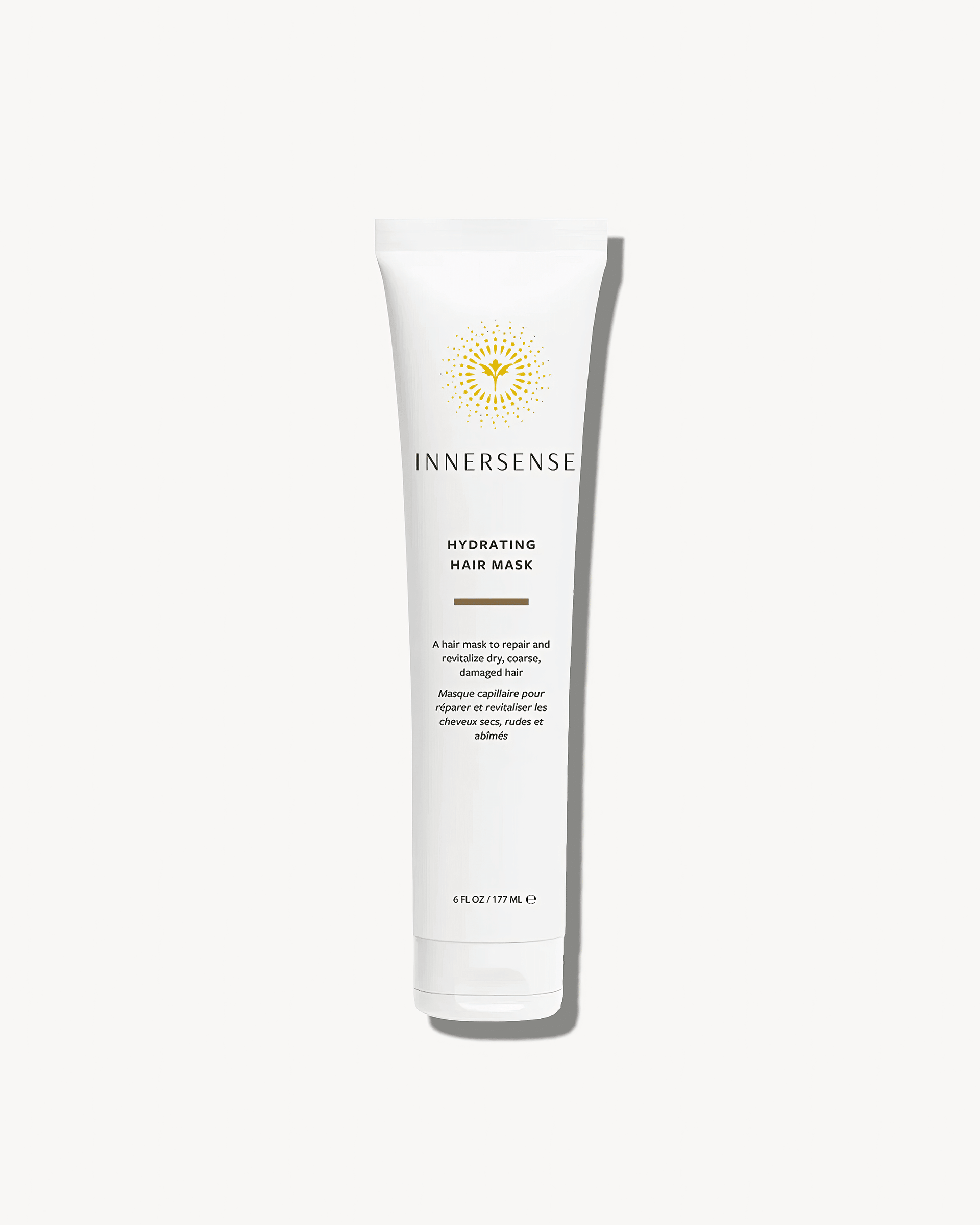
When I asked Yates about her favorite jojoba-infused hair products, she was quick to mention "anything from Innersense Organic Beauty." I'm partial to the brand's intensely hydrating hair mask, which calls upon coconut and safflower oils (along with jojoba) to bring my lifeless strands back to life.
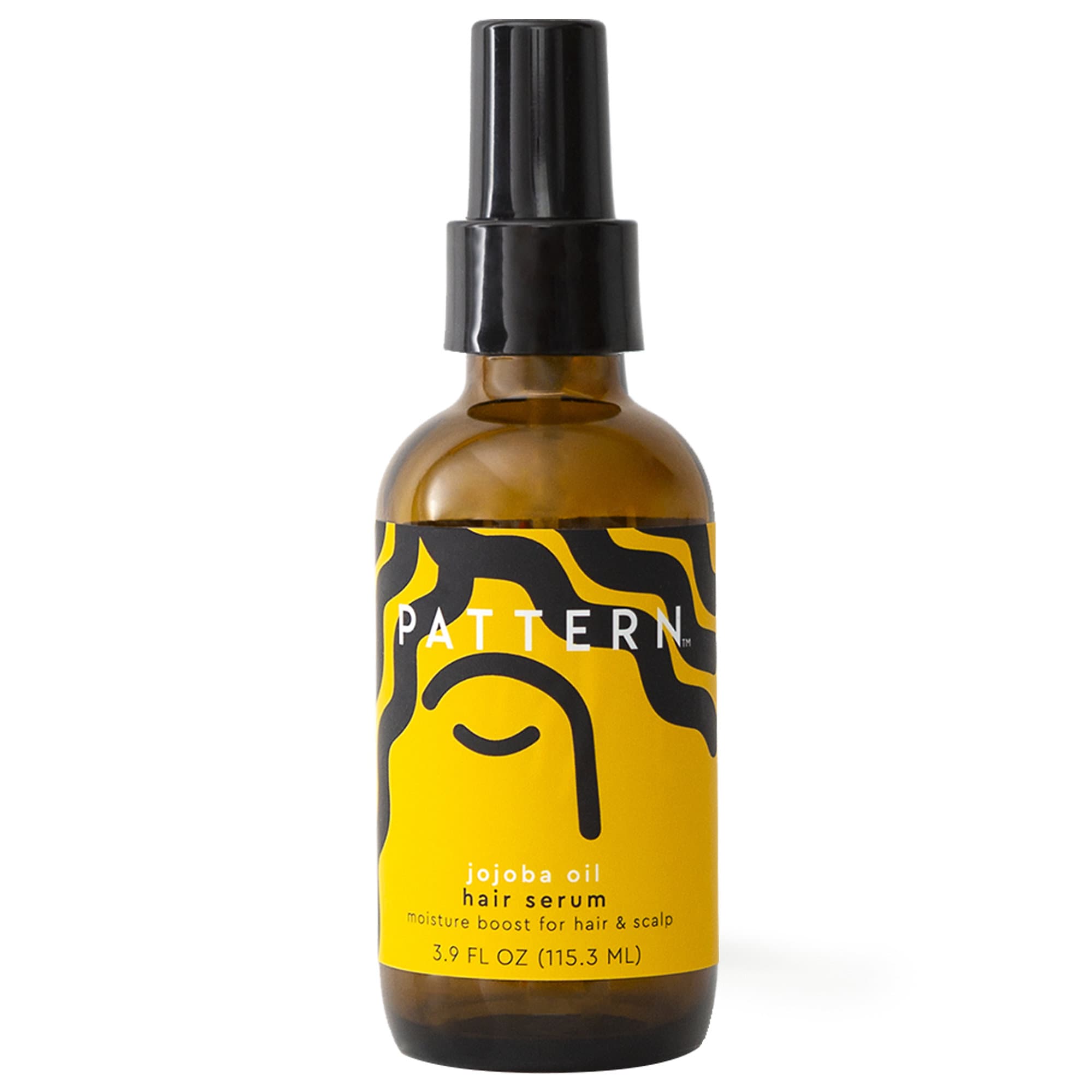
This do-it-all serum provides instant relief for an itchy scalp in addition to strengthening strands—plus it won't make your roots look greasy.
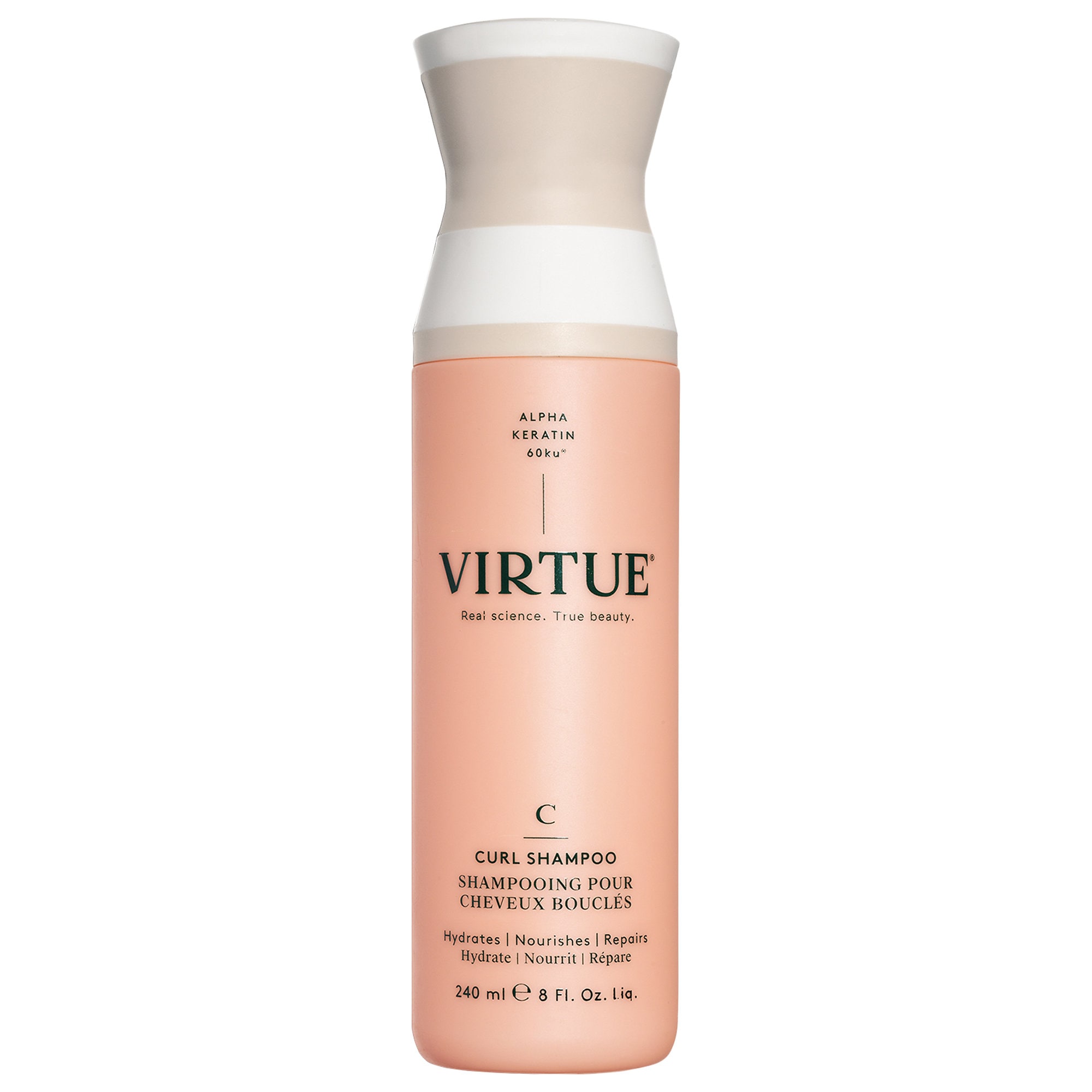
This jojoba-infused shampoo is ultra hydrating and able to effectively lift buildup without stripping your hair of its precious natural oils. For delicate curls already prone to dryness, that's a major win.
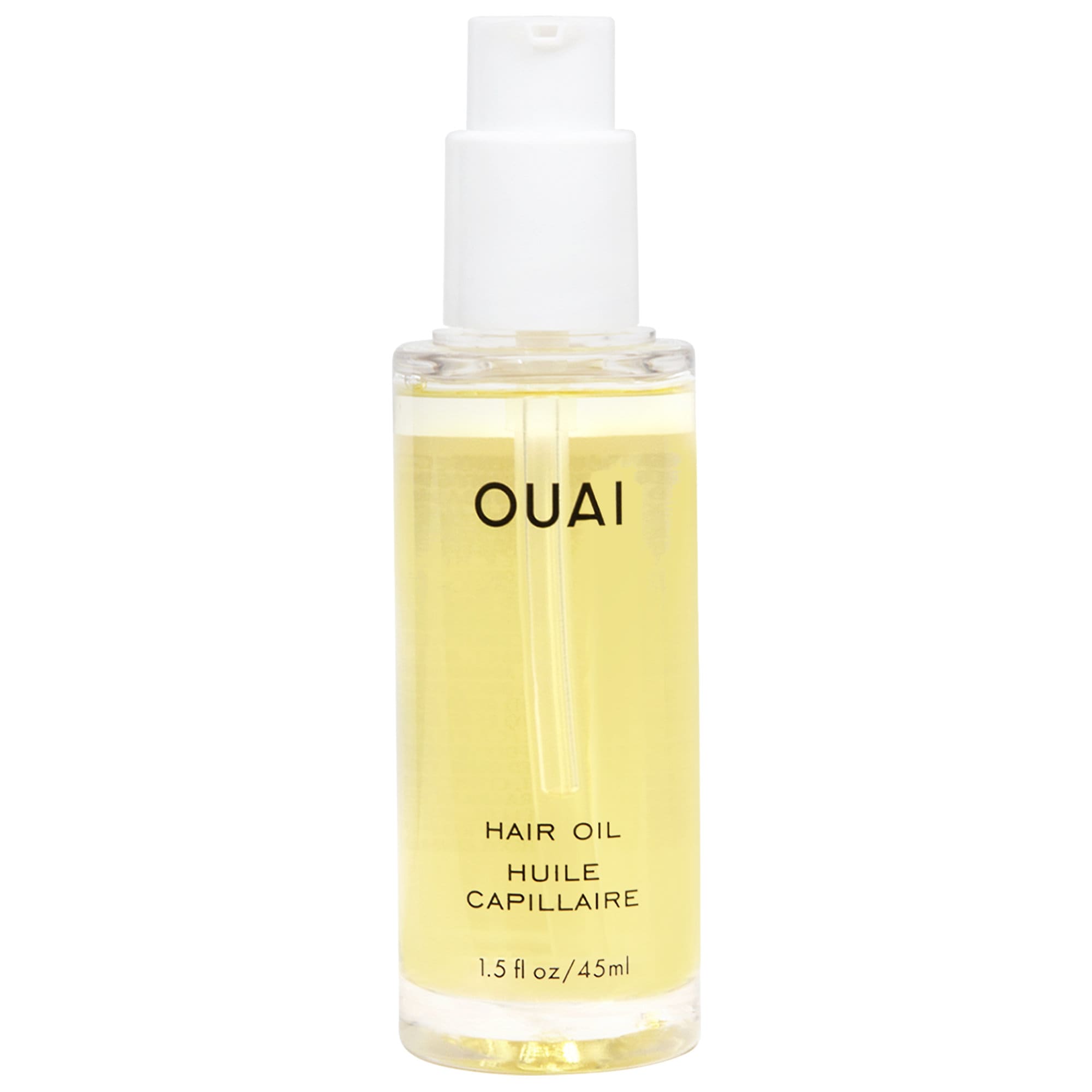
Yates considers this multitasking oil another one of her jojoba-spiked favorites. The shine is unmatched—just one pump will leave you with glossy, silky-soft strands.
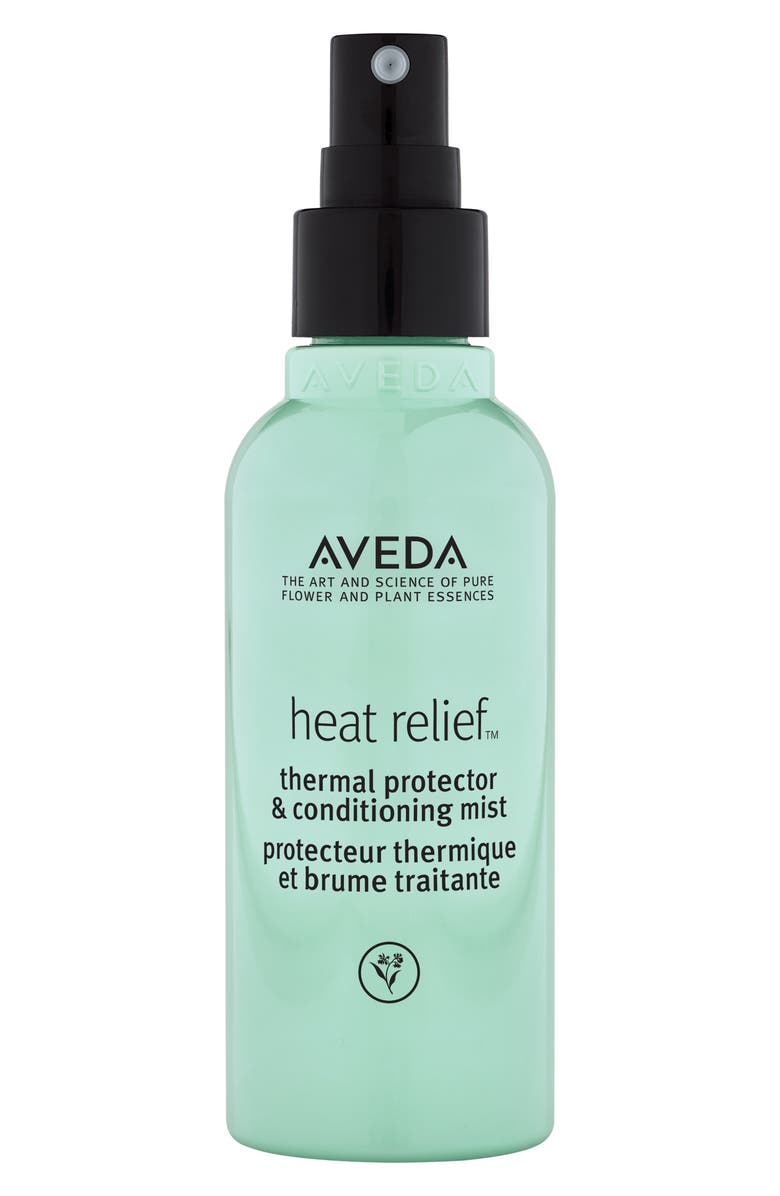
As Yates mentioned, jojoba oil makes a great styler pre-blowout. But before even thinking about picking up that hot tool, make sure you have a high-quality heat protectant to shield your locks from damage. This Aveda number is a thermal protector and conditioning mist, relying on jojoba for that unparalleled softness and shine.
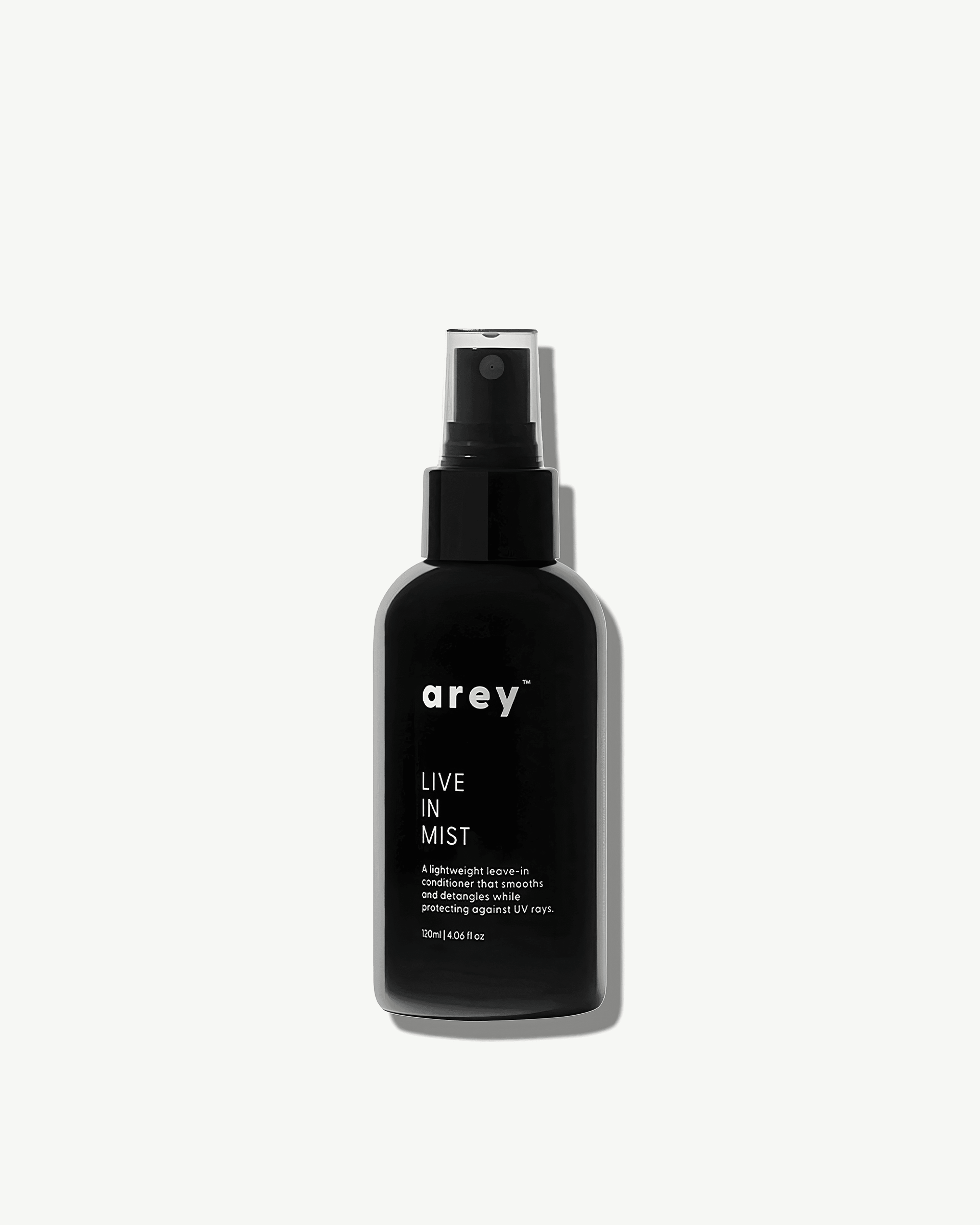
This leave-in mist detangles, conditions, and protects hair against UV rays (which can easily dull your shine and accelerate grays). Pro tip: The spray form makes it great to use after pool or ocean dips.
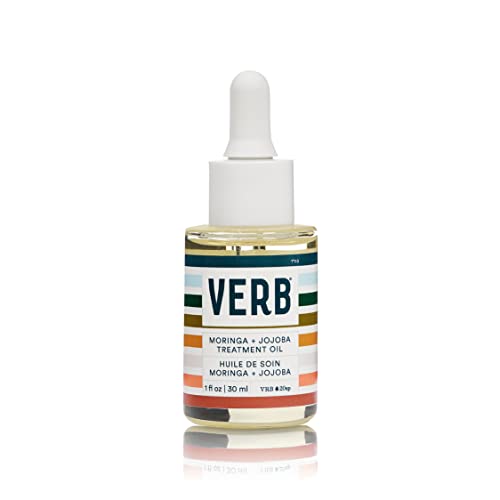
Jojoba oil and Moringa oil are the star players here, helping to reduce breakage, soothe the scalp, and mend split ends. It's a fabulous "booster" to drop into any hair mask, or you can use it on its own as a powerful scalp serum.
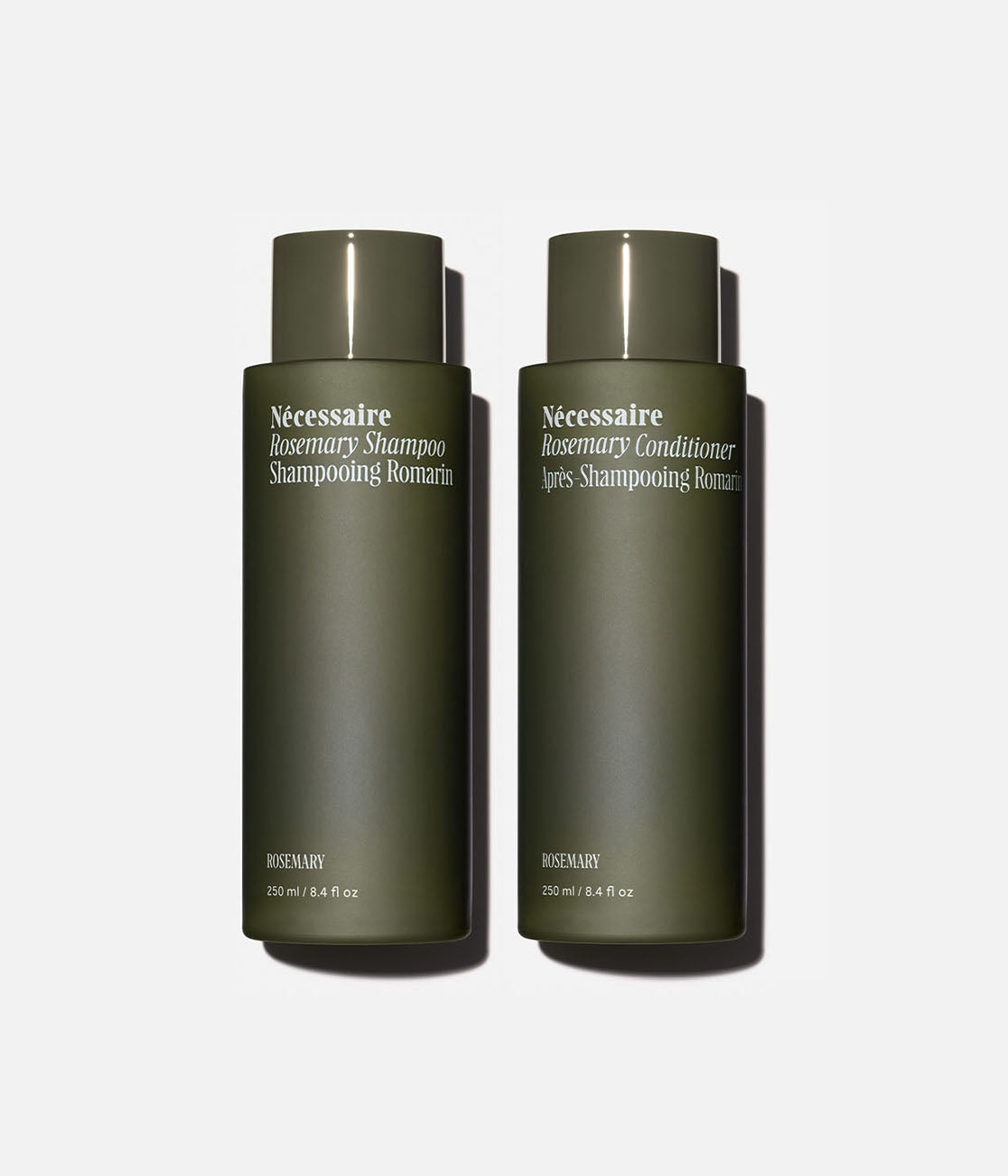
Rosemary is technically the MVP here (another natural oil lauded for hair growth), but this shampoo-and-conditioner duo also contains jojoba (in the form of hydrolyzed protein) to strengthen hair and prevent breakage. My own mane can't get enough—I've gone through two bottles already!

Jamie Schneider is Who What Wear’s senior beauty editor based in New York City. With over seven years in the industry, she specializes in trend forecasting, covering everything from innovative fragrance launches to need-to-know makeup tutorials to celebrity profiles. She graduated from the University of Michigan with a B.A. in Organizational Studies and English before moving to NYC, and her work has appeared in MindBodyGreen, Coveteur, and more. When she’s not writing or testing the latest beauty finds, Jamie loves scouting vintage boutiques and reading thrillers, and she’s always down for a park picnic in Brooklyn.
-
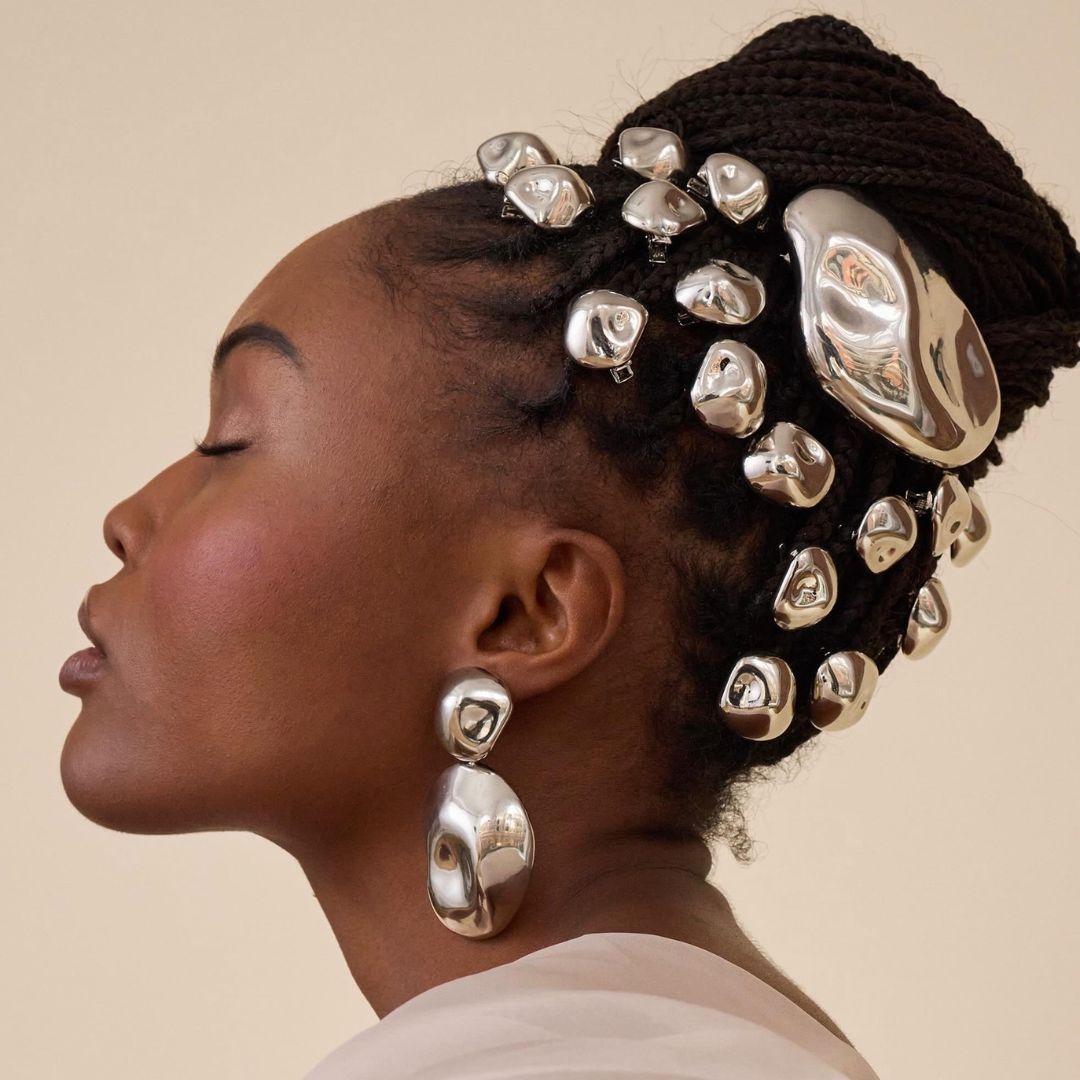 All the Chicest People I Know Have Been Dabbling in This Breathtaking 2025 Hair Trend
All the Chicest People I Know Have Been Dabbling in This Breathtaking 2025 Hair TrendFuturistic and stunning.
By Alyssa Brascia
-
 It's Hard to Find Products for My Coarse, Curly Hair, But This Unexpected Brand Is So Impressive
It's Hard to Find Products for My Coarse, Curly Hair, But This Unexpected Brand Is So ImpressiveA line that *truly* works for all hair types.
By Shawna Hudson
-
 Solange Delivers Endless Beauty Inspo—7 Iconic Looks That Live Rent-Free in My Mind
Solange Delivers Endless Beauty Inspo—7 Iconic Looks That Live Rent-Free in My MindFor all your boho beauty looks.
By Maya Thomas
-
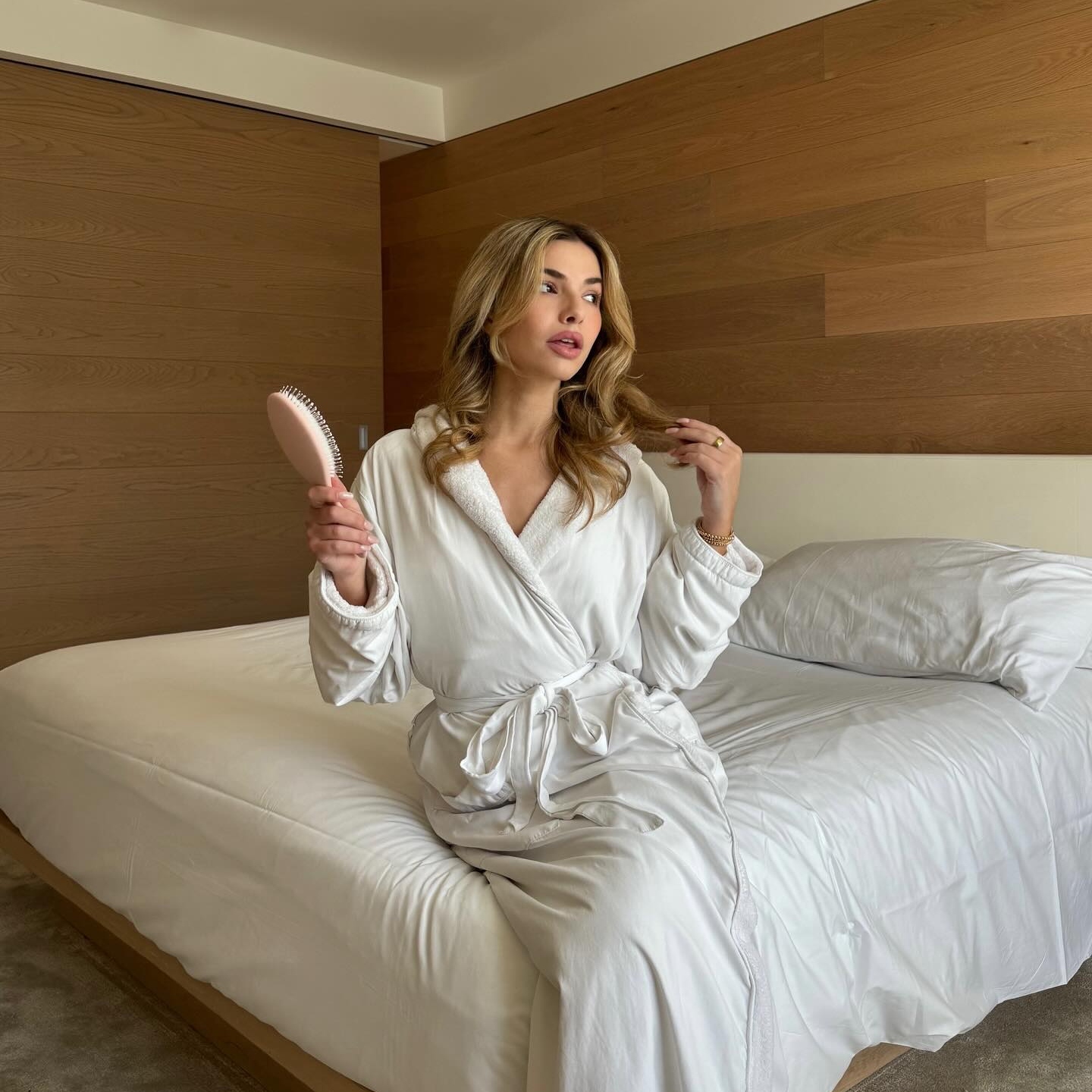 The Only Aerosol-Free Dry Shampoos That Matter, According to WWW Beauty Editors
The Only Aerosol-Free Dry Shampoos That Matter, According to WWW Beauty EditorsGive your tresses a revamp.
By Maya Thomas
-
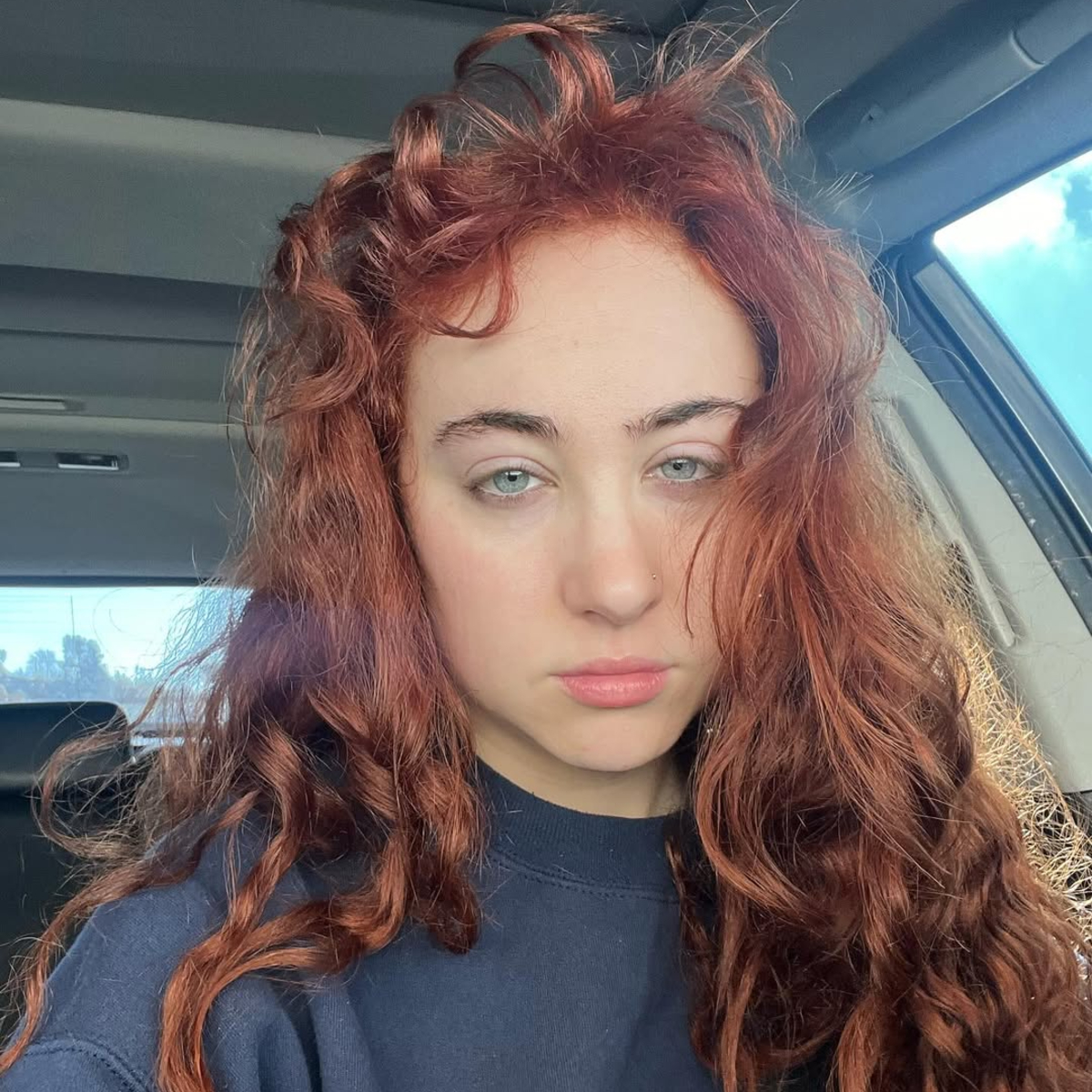 I Tried Chappell Roan's Affordable Curly Girl Haircare Routine, and It's Perfect for Super-Quick Styling
I Tried Chappell Roan's Affordable Curly Girl Haircare Routine, and It's Perfect for Super-Quick StylingFurther proof that you don't need a lot of money to look good.
By Shawna Hudson
-
 Excuse Me While I Gawp at These Incredible BAFTA Beauty Looks
Excuse Me While I Gawp at These Incredible BAFTA Beauty LooksStraight from the red carpet.
By Grace Lindsay
-
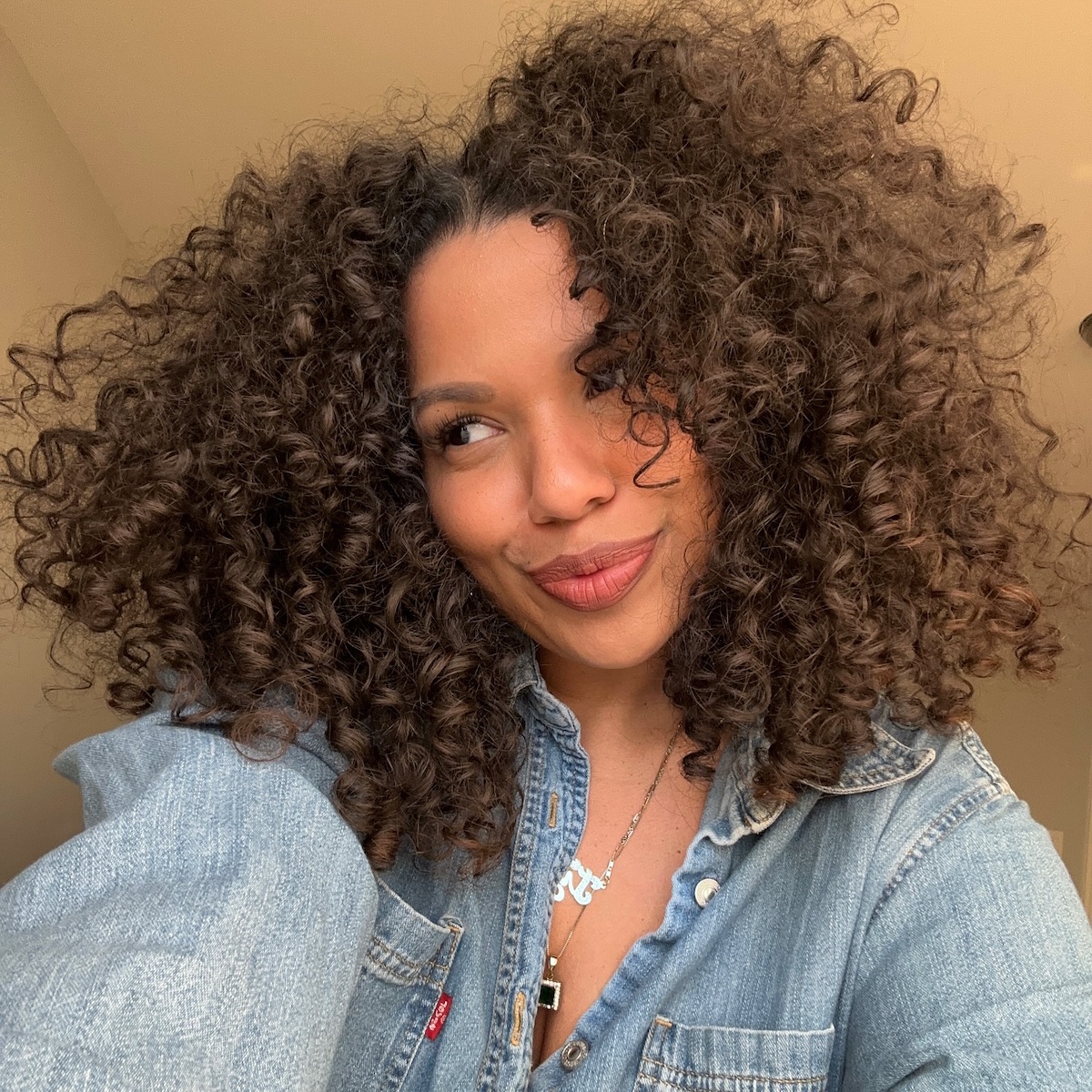 Protein vs. Moisture: Here's How to Tell Which One Your Hair Needs to Beat Damage
Protein vs. Moisture: Here's How to Tell Which One Your Hair Needs to Beat DamageNot all damage is the same.
By Kaitlyn McLintock
-
 Sofia Richie Grainge Counts on This Growth-Boosting Supplement for Thick, Glossy Postpartum Hair
Sofia Richie Grainge Counts on This Growth-Boosting Supplement for Thick, Glossy Postpartum Hair"My hair has never been healthier."
By Kaitlyn McLintock
